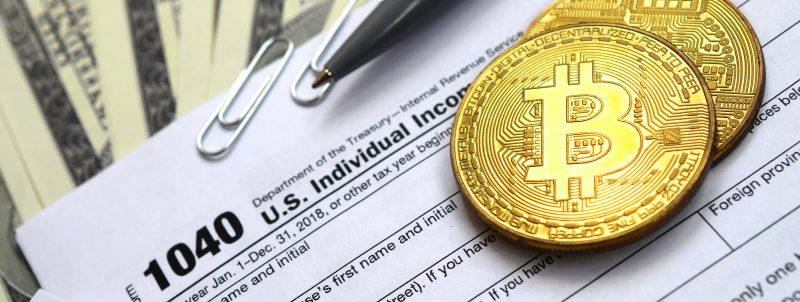
IRS Asks Simple “Yes or No” Question to Deal With Crypto Tax Evaders
At any time during 2020, did you receive, sell, send, exchange, or otherwise acquire any financial interest in any virtual currency?
Starting this year, the U.S. Internal Revenue Service (IRS) is increasing priority on cryptocurrency taxation. The personal federal income tax form 1040 will now include a mandatory “Yes/No” question related to taxpayers’ use of virtual currencies.
This question was also a part of the form in 2019. However, it was positioned to enable some people to avoid having to fill it out.
According to the Wall Street Journal, this newer question is designed to trap crypto tax evaders and help the IRS win court cases effectively.
The Internal Revenue Bulletin: 2014-16 is considered the primary guidance on the taxation of virtual currencies. Describing taxable events in the bulletin, the IRS said:
“In general, the sale or exchange of convertible virtual currency, or the use of convertible virtual currency to pay for goods or services in a real-world economy transaction, has tax consequences that may result in a tax liability.”
This tactic had proven effective in the past when the IRS added a question regarding offshore bank accounts, which resulted in the recovery of taxes worth over $12 billion.
Internal revenue organizations in the UK and Russia are increasingly active in their pursuit of crypto tax evaders. The Financial Action Task Force (FATF) is also ramping up enforcement of the travel rule in their fight against money laundering.
If successful, the FATF’s efforts will help revenue services worldwide collect taxes on cryptocurrency.
